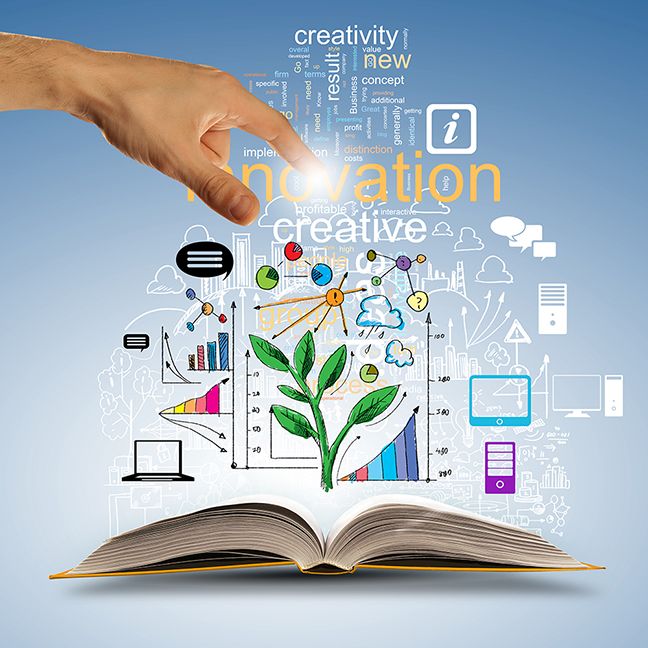Insightful Perspectives
Explore a world of engaging news and informative articles.
STEM-ulating Minds: Why Every Child Needs a Little Science in Their Life
Unlock your child's potential! Discover why adding a splash of science to their life is the key to nurturing curious and creative minds.
The Impact of Early Science Education on Child Development
The Impact of Early Science Education on child development is profound and multifaceted. Research has shown that introducing scientific concepts at a young age cultivates curiosity and critical thinking skills. Engaging in hands-on experiments and exploration encourages children to ask questions, develop hypotheses, and draw conclusions, which are fundamental aspects of scientific literacy. According to the National Science Foundation, early exposure to science not only enhances cognitive abilities but also fosters a lifelong love for learning.
Moreover, early science education promotes social skills as children often work in groups to conduct experiments. This collaborative approach helps them learn vital teamwork and communication skills. It also diminishes gender stereotypes in science, as exposure to science fields encourages both boys and girls to engage equally. A study published by Frontiers in Psychology reveals that children who participate in science-related activities develop better problem-solving skills and enhance their ability to think critically, ultimately impacting their academic success in later years.

5 Fun Science Activities to Engage Young Minds
Engaging young minds with fun science activities can spark curiosity and inspire a lifelong love for exploration. Here are 5 fun science activities that you and your children can enjoy together:
- DIY Volcano: Create an exciting volcano eruption using baking soda and vinegar. Add red food coloring to the vinegar for a more dramatic effect. This hands-on project teaches children about chemical reactions while providing a thrilling visual experience. For a detailed guide, check out Science Fun.
- Plant Growth Experiment: Investigate how plants grow by starting a simple garden using beans. Children can track growth patterns by measuring height and observing changes in leaves over time. This activity enhances understanding of biology and earth sciences. Learn more about gardening with kids from Kids Gardening.
As children engage in these science activities, they not only learn important scientific concepts but also develop critical thinking and problem-solving skills. Here are three more activities to keep the fun going:
- Make Your Own Slime: Mix glue, water, and borax to create a gooey substance that teaches kids about polymers. This sensory activity is not only entertaining, it incorporates elements of chemistry. Discover more recipes for slime at Scientific American.
- Rocket Launch: Use film canisters and baking soda to create mini rockets that soar into the air. This experiment introduces basic physics concepts, including force and reaction. For step-by-step instructions, visit Science Buddies.
- Rainbow in a Jar: Layer different liquids based on their densities to create a stunning rainbow effect in a jar. This visually appealing activity explains the principles of density and immiscibility in liquids. Find a guide for this experiment at The Spruce Crafts.
How STEM Education Inspires Creativity and Problem-Solving in Kids
STEM education—encompassing Science, Technology, Engineering, and Mathematics—plays a pivotal role in inspiring creativity among children. By engaging students in hands-on projects, they are encouraged to think critically and explore innovative solutions to real-world problems. For instance, through activities like building models or coding, kids not only grasp theoretical concepts but also apply them in imaginative ways. This kind of experiential learning fosters an environment where problem-solving skills thrive, enabling children to experiment, fail, and ultimately succeed in their endeavors.
Moreover, the integration of technology in STEM education allows children to collaborate and communicate their ideas effectively. Tools like coding platforms and online simulations provide a platform for students to work together, brainstorming techniques that stimulate creative thinking. As they tackle complex challenges, they learn to approach problems from multiple angles, leading to unique solutions. This hands-on approach not only equips kids with valuable skills for the future but also nurtures a sense of curiosity and innovation that will benefit them in all areas of life.